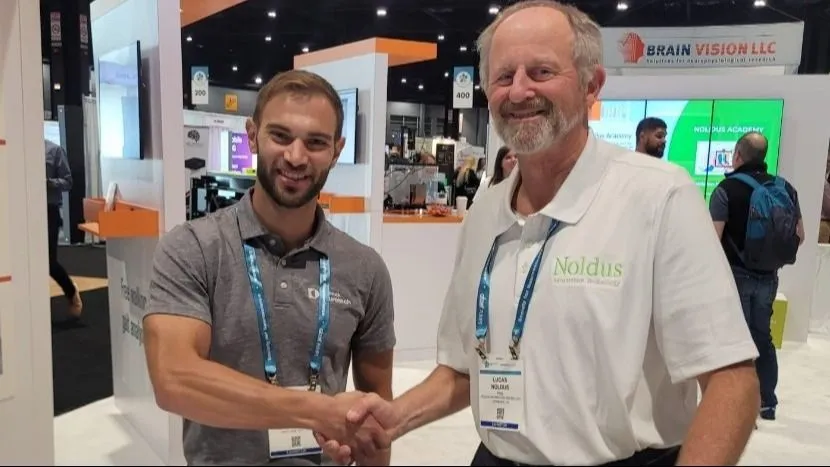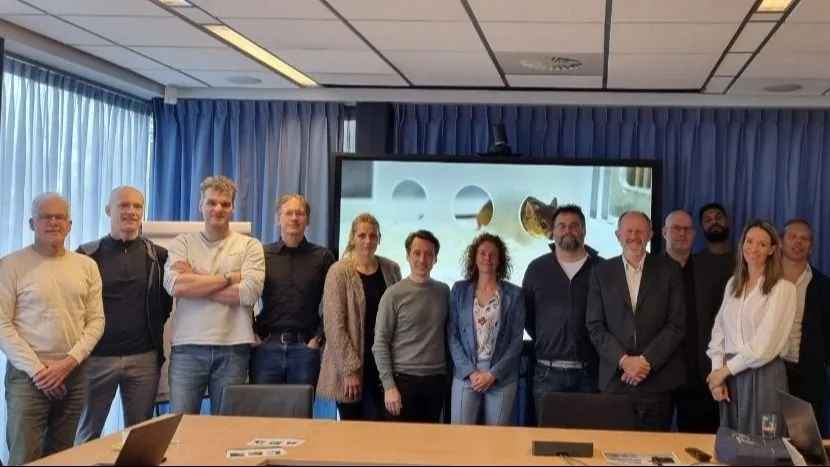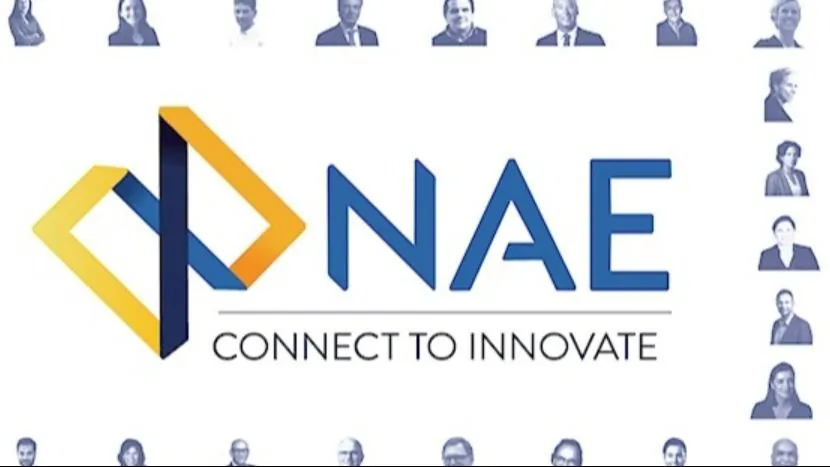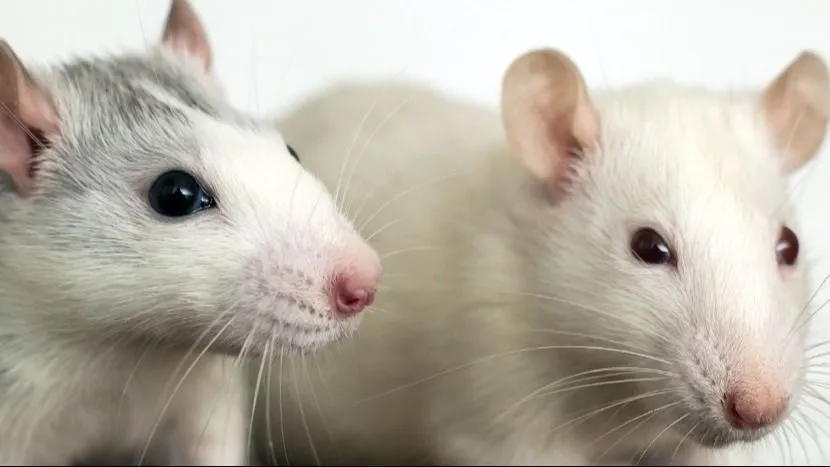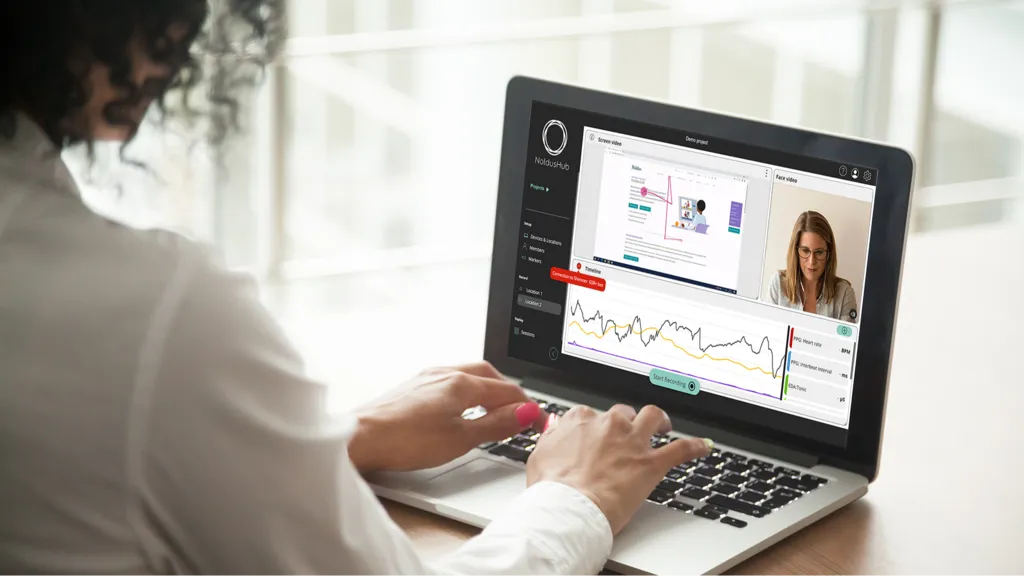NEWSROOM

October 1, 2025
A new chapter for Noldus: Advancing behavioral research together
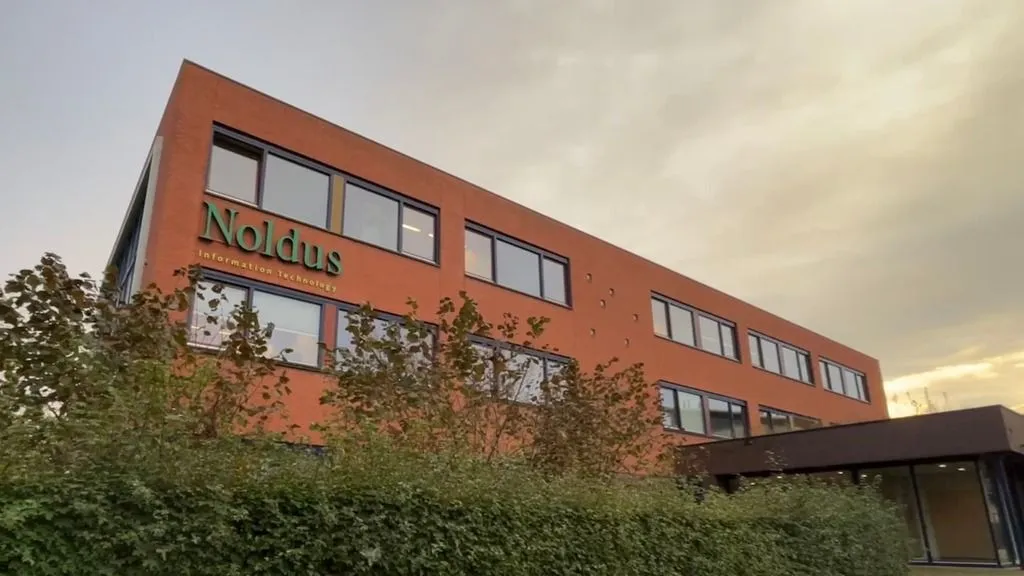
May 1, 2025
Noldus welcomes Jay de Groot as its new CEO
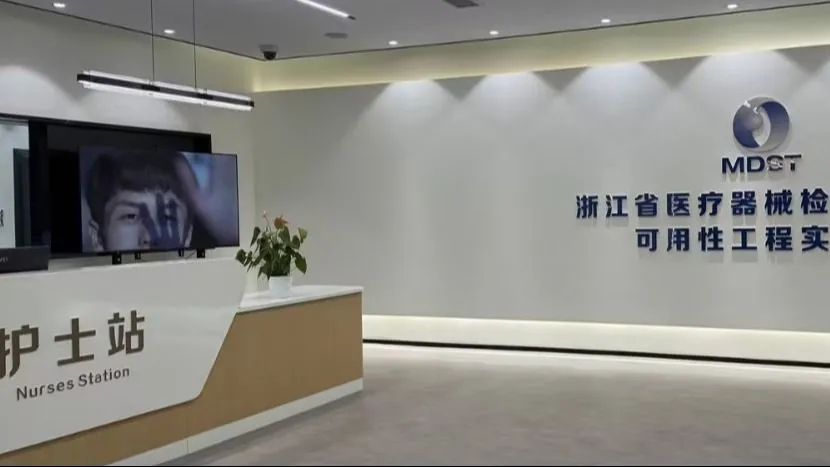
September 26, 2024
Noldus partners with Zhejiang Institute of Medical Device Testing
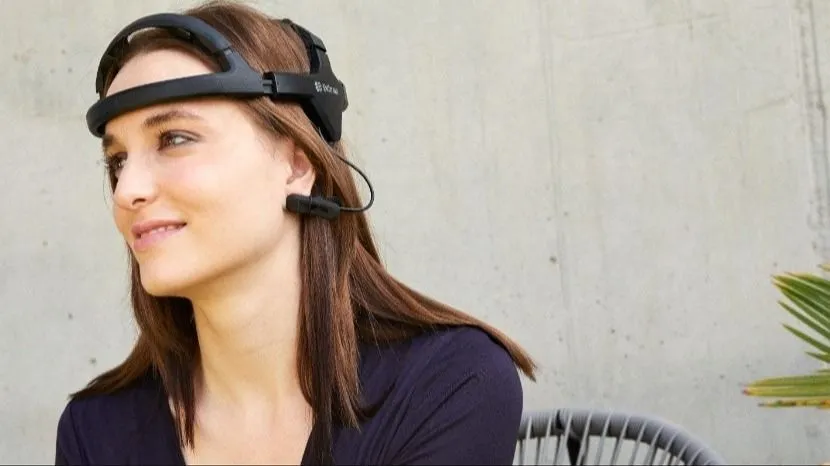
November 7, 2023
Merging behavior and brain activity for enhanced research insights
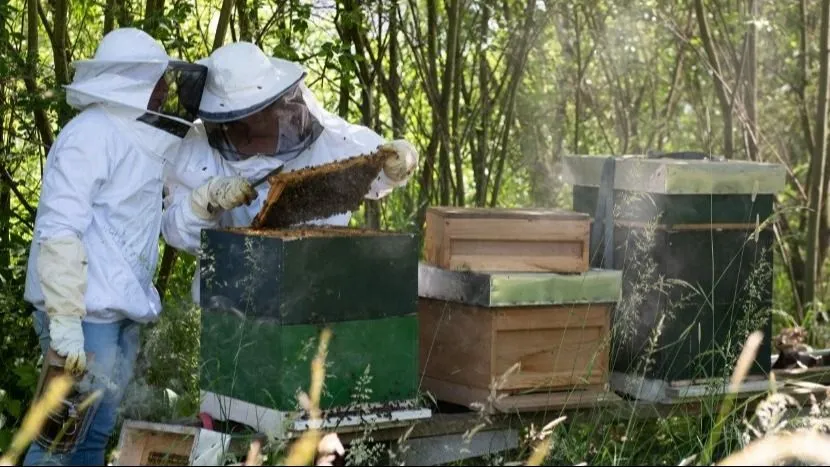
September 14, 2022
Monitoring our bees: why and how

August 17, 2022
Noldus’ green roof reflects the dry summer season

August 1, 2022
Looking back at Measuring Behavior 2022
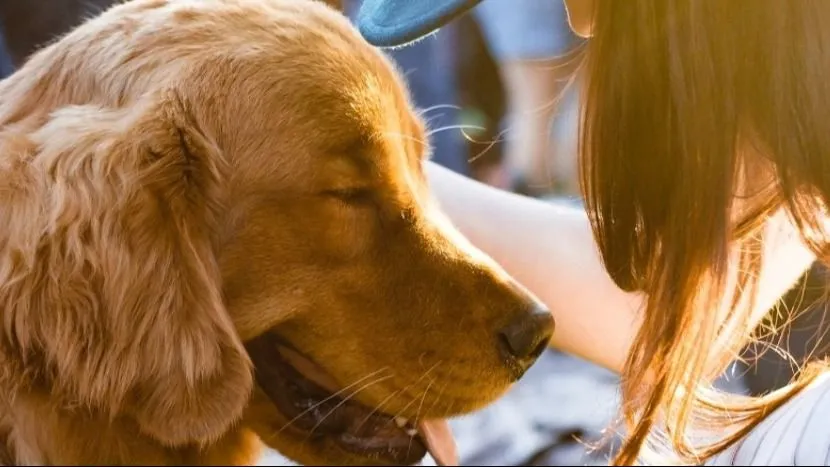
July 18, 2022
FaceReader useful to improve Animal-Assisted Therapy
